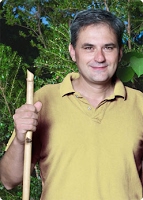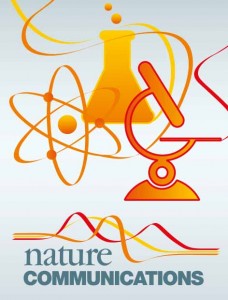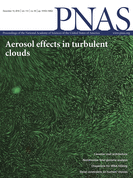
Are there two types of retractions? One that results from a form of misconduct, such as plagiarism or manipulating figures, and another that results from “honest errors,” or genuine mistakes the authors have owned up to? More and more research is suggesting that the community views each type very differently, and don’t shun researchers who make mistakes and try to correct the record. In yet another piece of evidence, Daniele Fanelli and his colleagues recently published the results of their interviews with 14 scientists who retracted papers for honest errors between 2010-2015. Although much of what scientists said affirmed what Fanelli – based at METRICS (the Meta-Research Innovation Center) at Stanford University – has long argued about retractions due to honest error, some of their answers surprised him.
Retraction Watch: We’ve seen the community reward scientists who retract papers for honest error, including a 2013 paper that showed no citation penalty for researchers who self-retract. Yet the interviewees said they were surprised to realize there weren’t any negative consequences to their self-retractions (some even got kudos for doing it). Why do you think people don’t realize how the community will view honest error?
Continue reading Authors who retract for honest error say they aren’t penalized as a result




 Ask and ye shall receive: A journal has retracted a 2014 paper by Paolo Macchiarini,
Ask and ye shall receive: A journal has retracted a 2014 paper by Paolo Macchiarini,  By now, most of our readers are aware that some fields of science have a reproducibility problem. Part of the problem, some argue, is the publishing community’s bias toward dramatic findings — namely, studies that show something has an effect on something else are more likely to be published than studies that don’t.
By now, most of our readers are aware that some fields of science have a reproducibility problem. Part of the problem, some argue, is the publishing community’s bias toward dramatic findings — namely, studies that show something has an effect on something else are more likely to be published than studies that don’t. A scientist who sued his employer for millions of dollars has earned two more retractions, for papers that had already been flagged by the journal.
A scientist who sued his employer for millions of dollars has earned two more retractions, for papers that had already been flagged by the journal. Two countries have recently announced plans to learn more about research misconduct, with the goal of preventing it from happening in the first place.
Two countries have recently announced plans to learn more about research misconduct, with the goal of preventing it from happening in the first place.